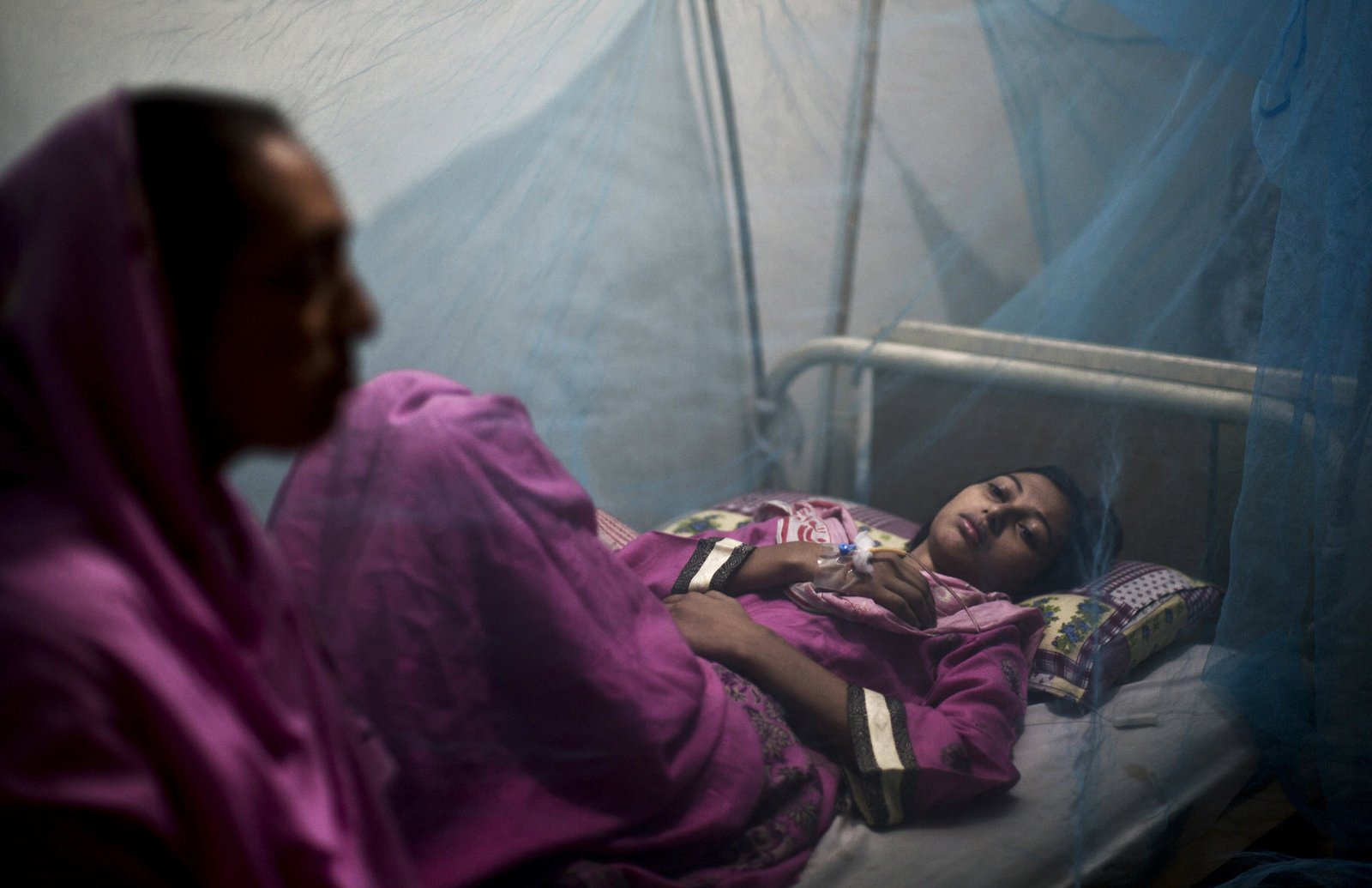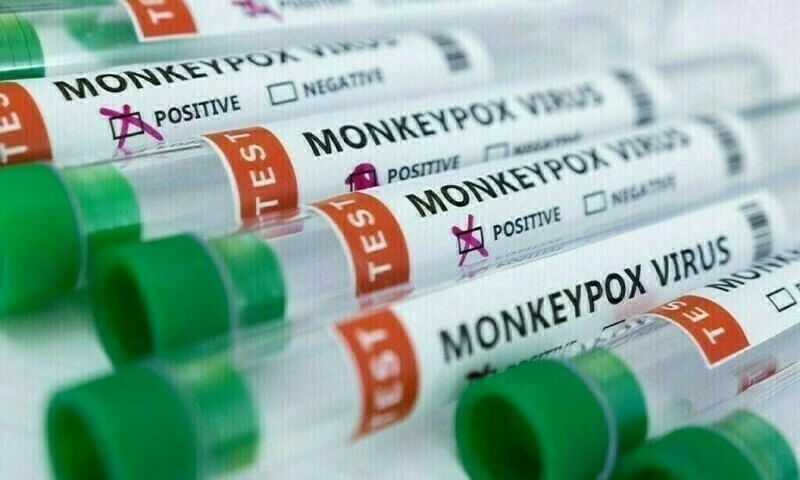Johnson & Johnson has presented promising data suggesting that a pill developed by the company could offer protection against a strain of the dengue virus. This development was unveiled during a small human challenge trial conducted in the United States and presented at the American Society of Tropical Medicine and Hygiene Annual Meeting in Chicago.
Dengue fever is a disease for which there are currently no specific treatments, and it poses an increasing threat. “It is the first ever to show antiviral activity against dengue,” said Marnix Van Loock, who oversees emerging pathogens research for J&J’s Janssen division.
Human challenge trials involve the deliberate exposure of healthy volunteers to a pathogen, either to test a vaccine or treatment or to gain a better understanding of the disease it causes.
Dengue fever, sometimes known as “break bone fever” due to the severity of joint pain and spasms experienced by some patients, has long been a problem in many parts of Asia and Latin America. It leads to millions of infections each year, tens of thousands of deaths, and is likely to spread further due to climate change making more areas suitable for the mosquitoes that transmit it, as noted by the World Health Organization’s chief scientist, Jeremy Farrar, earlier this month.
In the trial conducted in collaboration with the Johns Hopkins Bloomberg School of Public Health, ten volunteers were administered a high dose of the J&J pill five days prior to being injected with a specific dengue strain. They continued to take the pill for 21 days after the exposure.
Of the ten participants, six displayed no detectable dengue virus in their blood after being exposed to the pathogen, and their immune systems did not show signs of responding to the virus infection during the 85-day monitoring period.
In contrast, the five individuals in a placebo group, who were also exposed to dengue, all showed detectable virus levels when tested. Participants in the trial received standard care from medical professionals when necessary, and the virus used was a weakened version designed to minimize symptoms.
The promising early results support ongoing Phase II trials of the pill, with the goal of preventing all four different types of dengue in real-world settings where the disease is prevalent, as stated by J&J. The next step in the research will involve testing the pill as a treatment.
The mechanism of action for the drug involves blocking the activity of two viral proteins, which prevents the virus from replicating itself. J&J reported that the drug was well-tolerated by all trial participants.
One significant challenge for the future will be ensuring access to the new drug if it proves effective on a larger scale, particularly in low- and middle-income countries where it is most needed. This echoes the challenges faced by the dengue vaccine supported by the World Health Organization earlier this month. Marnix Van Loock noted, “We’re working on it,” but also emphasized that it is still early in the process.



